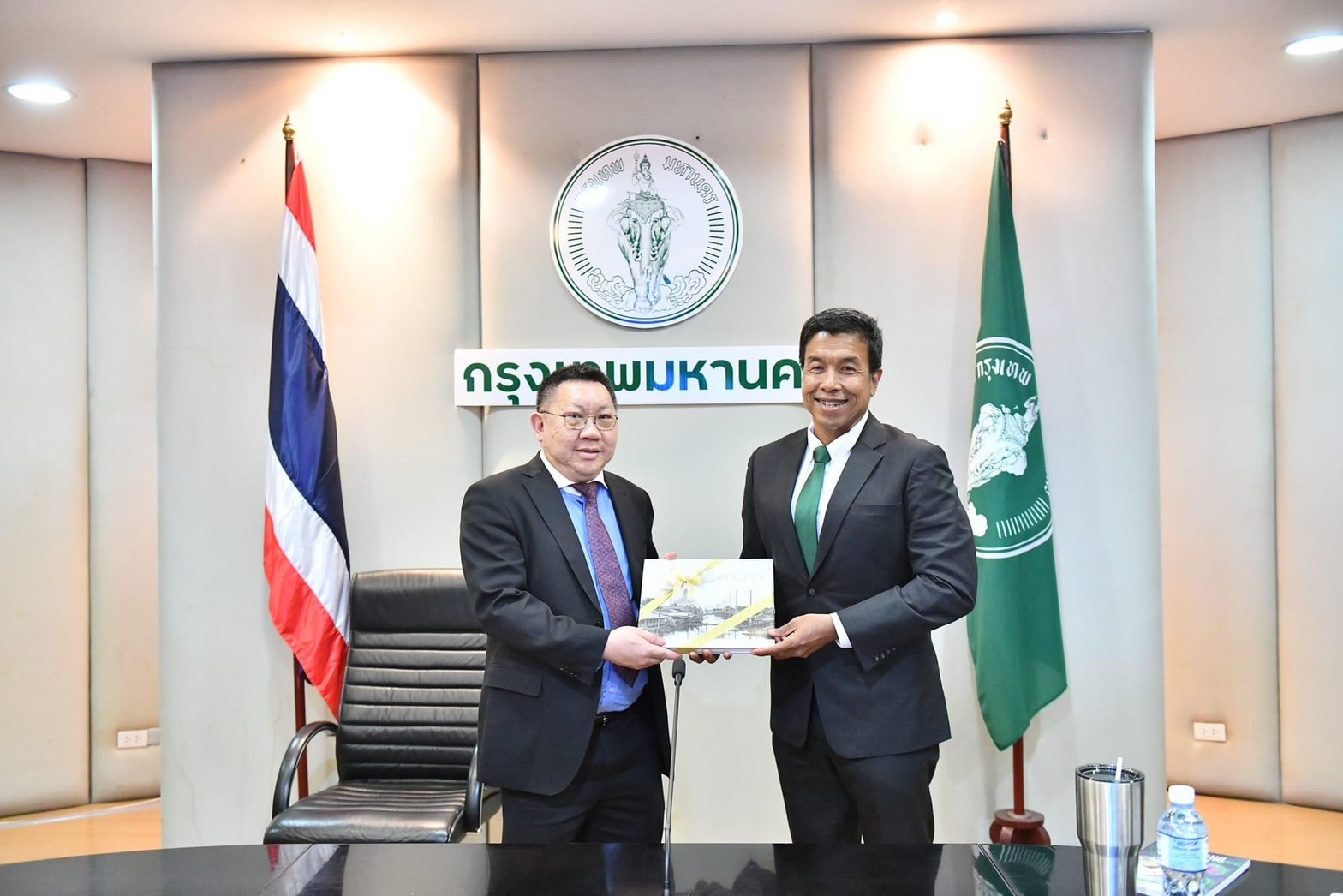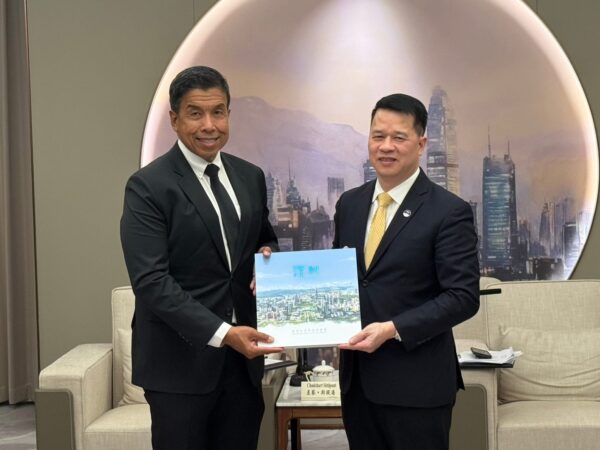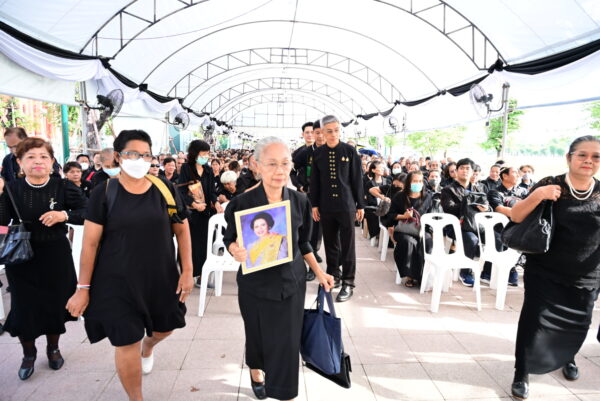
Bangkok governor Chadchart Sittpunt on Tuesday welcomed 24 representatives from the Southeast Asia Centre of Asia-Pacific Excellence (SEA CAPE), Victoria University of Wellington, New Zealand and the New Zealand Asean Business Alliance (NZABA) who were in the Thai capital to learn about the economic policies of the Bangkok Metropolitan Administration (BMA).
During the meeting at City Hall in Phra Nakhon district, the governor presented a book titled “Vanishing Bangkok” as a gift to Siah Hwee Ang, president of SEA CAPE and Maya Thong-Auy, president of NZABA.
The visitors from New Zealand were reportedly eager to learn about the economy of Bangkok, considered one of the prominent economic hubs of the Asean region as well as the culture, policies and regulations that promote business activities.
Chadchart said the BMA has been promoting the Thai capital as a preferred location to establish regional headquarters for multinational corporations who wish to expand their operations in Southeast Asia. Armed with huge consumer markets and support from the Board of Investment of Thailand (BOI), Bangkok offers several privileges to foreign companies investing in Thailand including tax benefits, investment promotion measures, and seamless one-stop services via the e-government platform that makes tasks like getting a permit for an office building in Bangkok a hassle-free operation.
The governor told visitors that Bangkok is also rich in facilities for international events under the meetings, incentives, conferences and exhibitions (MICE) industry, such as the Queen Sirikit National Convention Centre and the Bangkok International Trade & Exhibition Centre (BITEC).
Other factors that facilitate business expansion in Bangkok include reasonable prices for rental office space, starting from 1,051 baht/sqm/month, and the comprehensive coverage of public transport such as electric trains, buses, and boats that makes travelling in the city fast and convenient.
The city has also been focusing on producing workers with multi-skills under its vocational training programmes implemented at 10 schools and 11 career training centres throughout the metropolitan area. These institutes offer training in high-demand careers such as hospitality staff, housekeepers, caregivers for seniors, and electric vehicle drivers.
“These training courses have supplied the labour markets with high-quality personnel at affordable prices, thanks to Thailand’s relatively low minimum wages of around US$8.9 to $9.6 per day, putting the country in the fifth place among Asean nations,” said Chadchart.
“Bangkok is also a safe and relaxing city, with over 150 public and private hospitals scattered throughout the city, along with world-class shopping malls like Siam Paragon, centralwOrld, Iconsiam, the Emporium and the Emquartier,” said the governor. “Over 200 public parks with combined space of more than 2,200 rai serve as the city’s lungs, offering recreational spaces for residents of every district.”
Chadchart also highlighted the city’s policy in tidying up the streets and organising vendors into specific zones, namely the Hawker Centre and food courts. Since September 2022, 39 Hawker Centres have been established across 29 districts, accommodating over 2,800 vendors.
“The BMA has implemented tourism promotion programmes by highlighting unique characteristics of each of the 50 districts to attract Thai and foreign visitors,” said Chadchart. “So far 35 districts have joined the programme to promote products and services of their potential neighbourhoods, among them the Khlongsan Coffee District, the Ban Khrua Community’s Halal foods, and Bangkok Yai’s handicrafts.”
To further promote local tourism to these neighbourhoods, the BMA provides electric feeder buses from public transport hubs to these locations during festivals and activity periods free of charge, added the governor.




